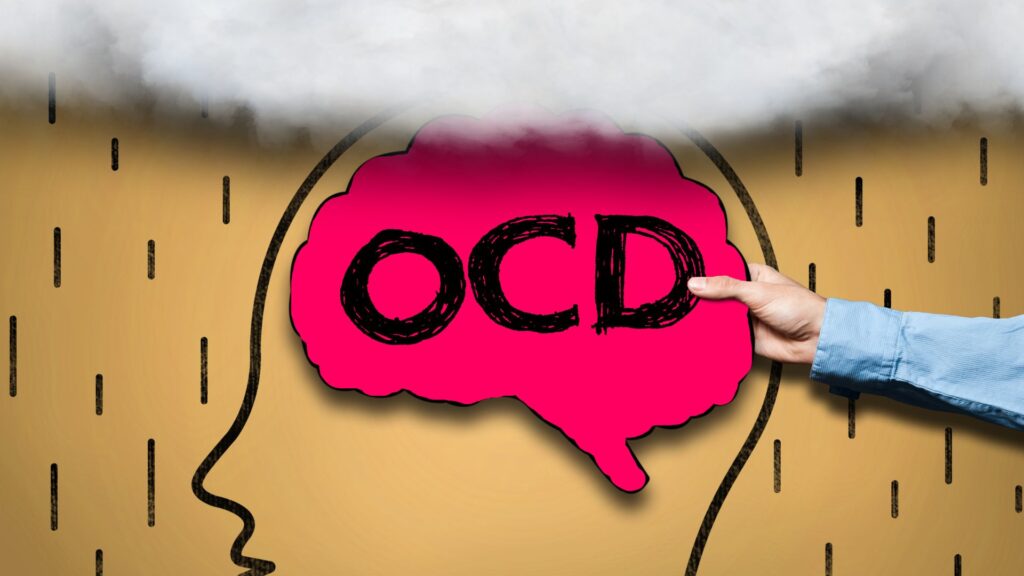Obsessive-Compulsive Disorder (OCD) is a challenging mental health condition that affects millions of individuals worldwide. If you or a loved one are experiencing symptoms of OCD, seeking professional help is crucial for accurate diagnosis, effective treatment, and improved quality of life. PsychDFW is dedicated to providing comprehensive care for individuals with OCD, offering expert assessment, personalized treatment plans, and ongoing support. In this article, we will delve into what OCD entails, its symptoms, treatment options, and the reasons why PsychDFW’s services are the ideal choice for those seeking support.
I. Understanding Obsessive-Compulsive Disorder (OCD):
- Definition and Prevalence:
- OCD is a chronic mental health condition characterized by intrusive, distressing thoughts (obsessions) and repetitive behaviors or mental acts (compulsions).
- It affects approximately 2-3% of the global population, and its onset is usually during adolescence or early adulthood.
- Types of OCD:
- Contamination OCD: Excessive fear of germs or contamination, resulting in compulsive cleaning or avoidance behaviors.
- Checking OCD: Persistent doubts and fears, leading to repeated checking of things like locks, appliances, or personal belongings.
- Hoarding OCD: Difficulty discarding possessions, resulting in excessive clutter and distress.
- Symmetry and Ordering OCD: Need for things to be symmetrical or in a specific order, leading to repetitive arranging or organizing behaviors.
- Intrusive Thoughts OCD: Disturbing and unwanted thoughts or images that cause significant distress.
II. Symptoms of OCD:
- Obsessions:
- Common obsessions include fears of contamination, aggressive or taboo thoughts, concerns about symmetry or order, and excessive doubts.
- Compulsions:
- Compulsions are repetitive behaviors or mental acts performed in response to obsessions.
- Examples include excessive handwashing, checking rituals, counting, arranging objects, or seeking reassurance.
III. Treatment Options for OCD:
- Cognitive-Behavioral Therapy (CBT):
- CBT, specifically Exposure and Response Prevention (ERP), is a highly effective therapy for OCD.
- PsychDFW offers specialized CBT, helping individuals gradually face their fears and reduce the need to engage in compulsive behaviors.
- Medication Management:
- PsychDFW provides expert medication management services for individuals with OCD.
- Psychiatrists evaluate medication needs, prescribe selective serotonin reuptake inhibitors (SSRIs), and monitor their effectiveness.
- Transcranial Magnetic Stimulation (TMS):
- TMS is a non-invasive procedure that uses magnetic fields to stimulate targeted areas of the brain.
- PsychDFW offers TMS as an innovative treatment option for individuals with treatment-resistant OCD.
IV. Why Choose PsychDFW for OCD Support:
- Expert Assessment and Diagnosis:
- PsychDFW offers thorough assessments, utilizing diagnostic interviews, validated assessment tools, and in-depth evaluations to accurately diagnose OCD.
- Our team of experienced professionals understands the complexities of OCD symptoms and provides accurate diagnoses.
- Personalized Treatment Plans:
- PsychDFW believes in tailoring treatment plans to meet the specific needs of each individual with OCD.
- Treatment plans incorporate evidence-based therapies, medication management, and innovative approaches, customized to the individual’s symptoms and preferences.
- Collaborative Approach:
- PsychDFW takes a collaborative approach, working closely with patients to develop treatment goals and strategies.
- We foster a therapeutic partnership, ensuring individuals feel supported, understood, and empowered throughout their treatment journey.
- Ongoing Support and Relapse Prevention:
- PsychDFW provides ongoing support and relapse prevention strategies to individuals with OCD.
- We offer education, resources, and skills training to help individuals manage their symptoms, cope with triggers, and maintain long-term well-being.
Conclusion: Living with Obsessive-Compulsive Disorder can be challenging, but with the right support and treatment, individuals can gain control over their symptoms and lead fulfilling lives. PsychDFW’s comprehensive care approach, including expert assessment, personalized treatment plans, and a commitment to ongoing support, makes it the ideal choice for those seeking help for OCD. Don’t let OCD control your life. Visit PsychDFW’s website at psychdfw.com to learn more and take the first step towards a brighter future.

